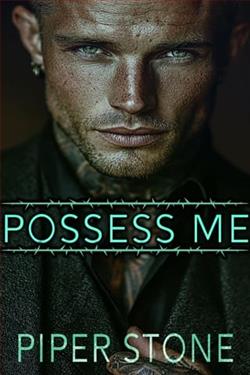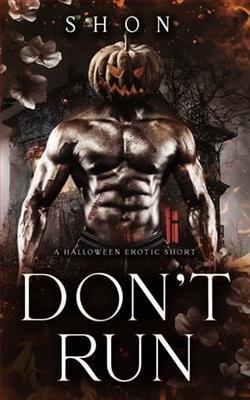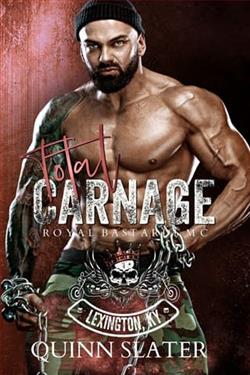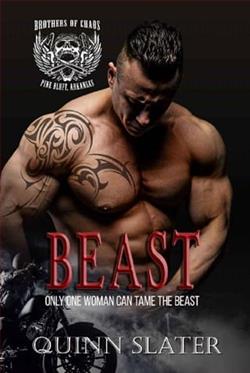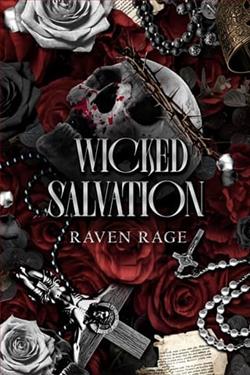Page 1 of The Wicked Lies of Habren Faire
1
etifeddiaeth
(INHERITANCE)
My only talent is lying. Father says it will serve me well—I’ve never believed him. But his skill is in starting fires, and that is about to get him far indeed.
To the other side of the world, at least.
2
Cymru, 1842
(WALES, 1842, OR COUNTRYMEN)
A great many people have come to see whether my father will swing. So many that I am crushed at the back of the court, craning my neck over hats and bald heads for one glimpse of him up in the dock.
He doesn’t look back.
Father’s spine is straight as the railway tracks he was once paid shillings to lay. His cap is in his hands and his blond hair hasn’t been washed in days. We’ve traveled from our small town to Cardiff, and though it’s a grim occasion Gran insisted we dress well, but we still look shabby She’s clad in black bombazine. A mourning dress—made when her sister went missing, updated when their parents died of grief and rebirthed once more when her awful husband left without warning. I doubt she will ever wear color again.
The judge thwacks his gavel, beady eyes tracking over the chattering, shuffling crowd.
The standing room shifts its weight to a different foot. A hush washes over us like a rain shower. Only Gran’s clammy hand in mine keeps me from rushing forward.
“Hold your tongue, Sabrina,” she had said that morning. “I’ll not have you in trouble, too.”
I bite down on the urge to shout, to move, but it isn’t enough. A twitch seizes me and I shiver, though the room is hot as an oven. Gran’s hand tightens on mine, eyes trained on Dad as well.Ceridwen’s are downcast. I don’t blame her. Perhaps she doesn’t want to know what fear does to his features. We’ve never seen that before.
“David Parry, on the charge of assault, this court finds you guilty,” says the judge.
The crowd lurches forward, while Gran drags me back. Father is lost, his face eaten whole by the mob—I’ll not know what terror looks like on him, either. I’m grateful for that.
“On the charge of rioting, we find you guilty,” the judge continues. “On the charge of inciting civil unrest, we find you guilty. On the charge of destruction of property, we find you guilty. On the charge of arson, we find you guilty.”
They rattle off the list of crimes leveled against Father and the other rioters. I don’t blame Father for attacking the tollhouse. I’d have done the same. Protests against increased taxation have racked Wales for years, organized by men dressed as the biblical heroine Rebecca. It’s no surprise Father and men from all over the valley joined them these last few months, after they’d been bled dry by tolls, taxes and famine prices. It only got worse when the local mine exploded and trapped thirty men beneath the rubble. The English owners, the Branshaws, won’t waste the money to retrieve the bodies that lie entombed in coal. The coal that was more valuable than the men could ever be.
“You are sentenced to ten years’ transportation.”
I don’t imagine the groan of disappointment that echoes through the crowd. My heart drops to the floor. Two men have been sentenced to hang already today for setting fire to the Llanadwen tollhouse. The punishment does not fit the crime, but it seldom ever does. No doubt the assembly hungers for the blood of the third—of the leader. Even I expected Father to swing, but since they can’t lay any of the deaths at his door, I suppose they’ve gone for the next best thing. Transportation is a living death, but the crowd won’t get to watch.
“Thank God,” Gran says under her breath.
Ceridwen opens her mouth and her eyes roll back. The next moment she’s on the floor.
“I knew we ought not have brought her,” Gran says quietly as I pace.
Ceridwen sits at Gran’s side. Two men kneel at her feet, basking in her attention. One is a young clerk, the other a doctor from the crowd who volunteered his services. Her cheeks are in high color, and though she nods and smiles while they fuss, her eyes dart to me. She’s embarrassed, but it would be rude to dismiss them. Ceridwen can’t stand being rude.
“I wanted to see Dad,” Ceridwen says, half to Gran, half to her attendants. Her eyes are wet as she tries to keep herself upright, her bonnet slouching low over her mass of red curls. “I’m well, really.”
I can only snort. Ceridwen has not been well since our mother died last year, when they both caught the same illness and Mam went first, leaving Ceridwen lingering in a sickness that never seems to end.
“How terrible this must be for you,” the young clerk says.
No one has said anything like that to me, or to Gran. I’m too plain and Gran’s too old for men to care, but Ceridwen has a natural light that brings even the most jaded moths fluttering to her side.
I catch Gran’s eye.









